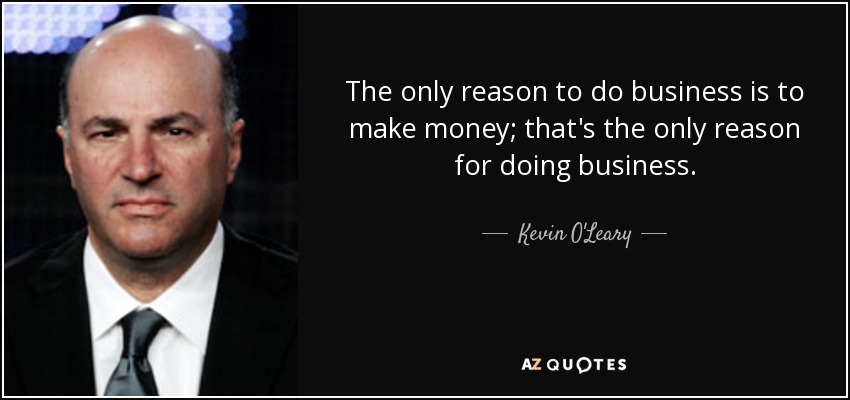Not sure how this "raises the bar" for clinical training. If anything, it seems like it lowers it. Captive internships don't seem inherently bad to me, though I do think there are merits to training across different settings (not that the current system guarantees that either).
To Nahsil - funny to see you arguing for diversity and competition here RE: psychotherapy after your post in the other thread

I personally would never argue CBT is the only ethical way to conduct therapy. However, I do think its important to try proven approaches first barring some sort of contraindication or clear rationale. Traditional scientific approaches are certainly not without flaws, but that doesn't mean the baby goes out with the bathwater. The ability to "sit with people who are suffering" is not necessarily impossible to measure, nor is its actual impact on real-world outcomes. There is obviously room for discussion on what outcomes are most important to consider, but that can be considered and studied too (and my suspicion is that they would largely converge). If the effect is there and real and one could sway thousands of practitioners to adopt a humanistic/analytic/etc. approach that one (not necessarily you) supposedly advocates for - why not actually invest the effort in a solid, well-controlled study to demonstrate it? I've never gotten a good answer when I ask that question...
RE: PhD vs. Psy D......Data > No Data (from APPIC 2015).
Summary: The "PsyDs are great because they help with diversity" argument is largely BS. Differences are pretty negligible and where they do exist seem to generally favor PhD programs as contributing more to the diversity of the field.
21. Age of applicant:
Ph.D. Psy.D.
Mean 29.9 30.0
SD 4.5 5.6
Median 29 28
Percent of applicants who were:
Age 25 or less Ph.D. = 3% Psy.D. = 12%
Age 40 or older Ph.D. = 4% Psy.D. = 7%
Age 50 or older Ph.D. = 1% Psy.D. = 1%
22. Current marital or relationship status:
Ph.D. Psy.D.
Married / Partnered 59% 43%
Not Married or Partnered 41% 57%
23. Country(ies) of citizenship:
Ph.D. Psy.D.
U.S. 87% 96%
Canada 10% 2%
Other 7% 5%
NOTE: Responses total greater than 100% due to dual
citizenship.
24. Gender
Female Ph.D. = 80% Psy.D. = 79%
Male Ph.D. = 20% Psy.D. = 20%
25. Racial / Ethnic identification:
African-American/Black Ph.D. = 8% Psy.D. = 7%
American Indian/Alaskan Ph.D. = 1% Psy.D. = 1%
Native
Asian/Pacific Islander Ph.D. = 9% Psy.D. = 7%
Hispanic/Latino Ph.D. = 8% Psy.D. = 10%
White (non-hispanic) Ph.D. = 75% Psy.D. = 74%
Bi-racial/Multi-racial Ph.D. = 4% Psy.D. = 4%
Other Ph.D. = 3% Psy.D. = 2%
26. Sexual Orientation:
Heterosexual Ph.D. = 89% Psy.D. = 90%
Gay Male Ph.D. = 3% Psy.D. = 3%
Lesbian Ph.D. = 2% Psy.D. = 2%
Bisexual Ph.D. = 5% Psy.D. = 5%
Other Ph.D. = 1% Psy.D. = 1%
27. Disability:
None Ph.D. = 91% Psy.D. = 90%
28. Served on active duty in U.S. Armed Forces, Reserves, or National
Guard:
Never served in the Military Ph.D. = 97% Psy.D. = 97%

